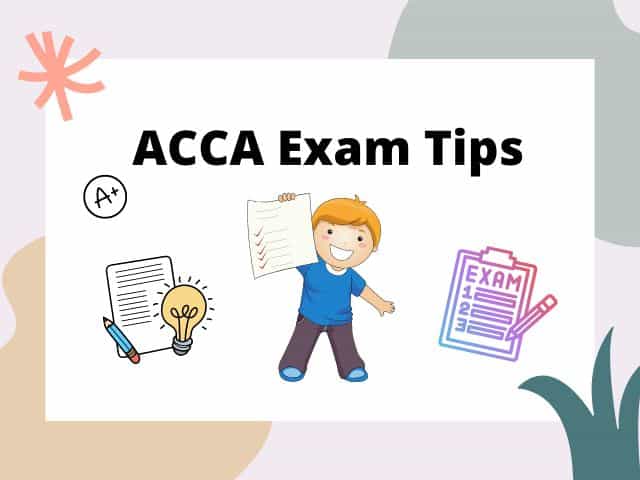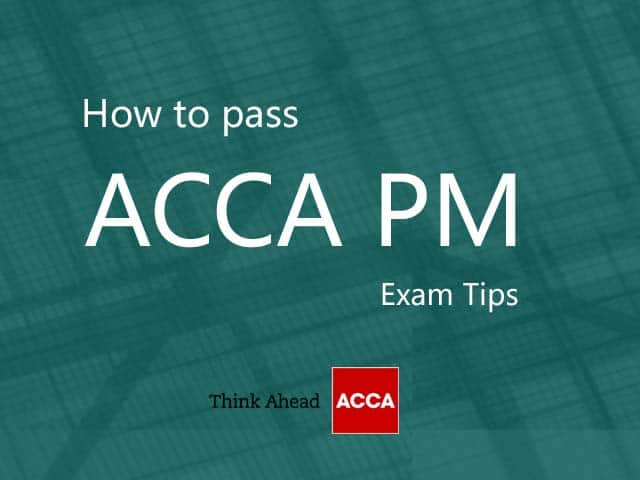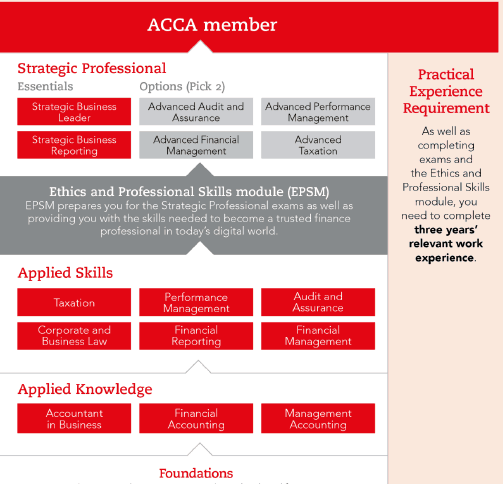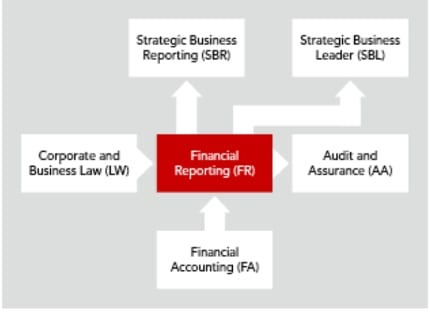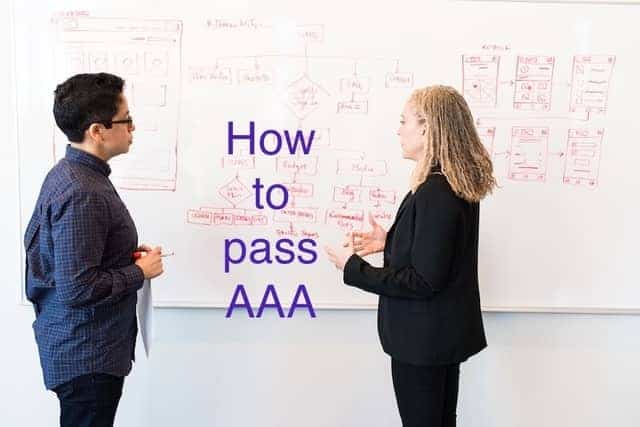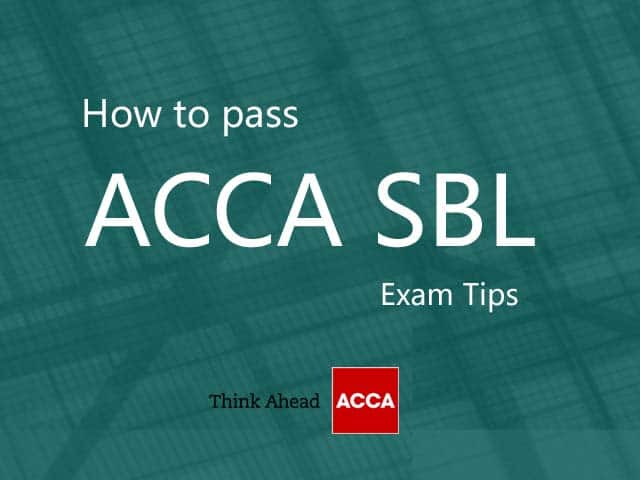Important Topics
ACCA EXAM Tips March 2024 Important Topics
PM EXAM Tips (Performance Management)
- Activity-Based Costing
- Throughput Accounting
- Variance Analysis
- Linear Programming
- CVP
- Pricing
- Risk and Uncertainty
- Performance Management
TX EXAM Tips (Uk Taxation)
- Individual Income Tax along with Partnership
- Corporate Tax
- Vat
- Inheritance Tax
- CGT
FR EXAM Tips (Finance Reporting)
- Consolidation
- Final accounts
- Ratio
- MCQs can be from anywhere
Questions to practice Final Accounts
- PRICE WELL
- XTOL
- KANDY
- TRIAGE
Questions to practice Consolidation
- POLESTAR
- PENKETH
- PELISTAR
- DARGENT
- LAUREL
Important Questions to practice Ratios & Cash-flow
- HARDY
- PINTO
- BENGAL
- FUNJECT
- MOWAIR
AA EXAM Tips (Audit and Assurance)
- Ethic
- Corporate governance
- Reporting
- Internal Controls (sales, Payroll, Purchases)
- Substantive Procedures (Cash cycle, revenue, and fixed asset)
FM Exam Tips (Financial Management)
- Investment appraisal
- The weighted average cost of capital
- Forex
- Sources of Finance
- Working Capital
SBL EXAM Tips (Strategic Business Leader)
- PESTEL
- Porter 5 Forces
- Human Resources
- Swot Analysis
- SFA Model
- Value Chain
- E . business, E-Marketing
- BCG Matrix
- Financial Information
- Internal Controls
- Corporate Governance
- Pestel/P5F/ Str Position
- Swot/Tows
- Corporate Portfolio
- Growth Strategies
- Culture
- E-Business / 61/ 7P
- IT Risk / Security / Cloud
- Harmon Process Matrix
- Context Change
- Outsourcing/ shared services
- Financial Proj/ Analysis
- Stakeholder/ Mendelow
- Prof/ Ethical behavior
- Agency / Conflict of Interest
- NEDs/ Board Comm
- Family-owned business
- Integrated Rep/ 6 Capita
SBR EXAM Tips (Strategic Business Reporting)
- Consolidated cash flow statement
- consolidated income statement
- IAS 19
- IAS 37
- IFRS 8
- IFRS 10
- IFRS 16
- IFRS 15
- IFRS 13
- IAS 38
- Financial Instruments
APM EXAM Tips (Advanced Performance Management)
- ABC
- BCG Matrix
- Ash-ridge Model
- Performance management
- Corporate Failure
- HR
AAA EXAM Tips (Advanced Audit and Assurance)
- Business Risk and ROMM
- Audit Procedure
- Ethic and quality control
- Sufficiency and Appropriateness of audit evidence or matters
- Due Diligence
- Forex
- Audit report (Critical appraisal or matters)
- Current issue ED ISA540
However ACCA Exam Tips all are just guesses based on research and our Experience, Please do not ignore the other areas as well
See Also:
- How to pass ACCA AA (Audit and Assurance)
- ACCA AAA (Advanced Audit and Assurance)
- How to pass ACCA SBL (Tips And Techniques)
- ACCA Video Lectures
- Six Exam apps, Students Must have
- Exam Tips
Stay Connected: Facebook
interpolation
